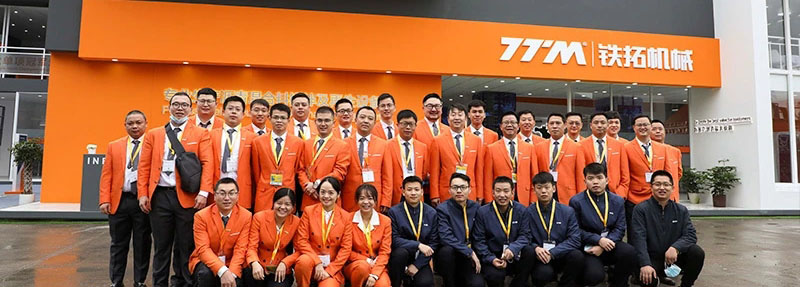Introduction to Asphalt Plants
Asphalt plants are essential for constructing and maintaining roads, highways, and other infrastructure projects. These plants produce asphalt, a mixture of aggregate (like gravel or sand) and asphalt cement, which is used as paving material. If you’re considering purchasing or renting an asphalt plant, one of the first questions that comes to mind is: how much does an asphalt plant cost?
Understanding the Factors Affecting Asphalt Plant Costs
The cost of an asphalt plant can vary significantly based on several factors. These include the type of plant, its capacity, the technology used, and whether it’s a stationary or mobile unit. Let’s break down these factors to get a clearer picture.
1. Types of Asphalt Plants
There are primarily two types of asphalt plants: batch plants and drum plants. Batch plants produce asphalt in batches, allowing for greater flexibility in mix designs, while drum plants produce asphalt continuously. Drum plants are generally more cost-effective and efficient but may have limitations in terms of customization.
2. Plant Capacity
The production capacity of an asphalt plant is measured in tons per hour (tph). Plants can range from small, portable units producing 50 tph to large, stationary plants capable of producing 500 tph or more. Naturally, higher-capacity plants are more expensive.
3. Mobile vs. Stationary Plants
Mobile asphalt plants are designed for temporary construction projects and can be easily transported from one site to another. These are ideal for contractors who work on multiple sites. Stationary plants, on the other hand, are permanent structures and are better suited for large-scale, long-term projects. Mobile plants are typically more affordable upfront but may incur additional transportation costs.
4. Technology and Features
Modern asphalt plants often come with advanced features such as pollution control systems, energy-efficient burners, and automation technologies. While these features improve efficiency and compliance with environmental regulations, they also increase the initial cost of the plant.
How Much Does an Asphalt Plant Cost?
Now, let’s dive into the actual costs. The price of an asphalt plant can range from $50,000 for a small, portable unit to $500,000 or more for a large, stationary plant with advanced features. Below is a general breakdown of what you might expect to pay:
- Small, portable asphalt plants (50-100 tph): $50,000 – $200,000
- Medium-sized asphalt plants (100-250 tph): $200,000 – $400,000
- Larger asphalt plants (250-500 tph): $400,000 – $800,000
- High-capacity asphalt plants (500+ tph): $800,000+
Additional Costs to Consider
While the initial purchase price is a significant expense, there are other costs to keep in mind when operating an asphalt plant.
1. Maintenance and Repair
Regular maintenance is crucial to ensure the plant runs efficiently and extends its lifespan. Costs include parts replacement, labor, and routine inspections.
2. Fuel and Energy
Asphalt plants require significant amounts of fuel to operate, which can add up over time. Energy-efficient models may help reduce these costs in the long run.
3. Transportation and Installation
If you’re purchasing a mobile plant, transportation costs between sites should be factored in. For stationary plants, installation costs can be substantial.
How to Choose the Right Asphalt Plant for Your Needs
With so many options available, selecting the right asphalt plant can be overwhelming. Here are some tips to help you make an informed decision:
- Assess Your Project Requirements: Consider the scale of your projects, the type of asphalt needed, and the frequency of use.
- Set a Budget: Determine how much you’re willing to spend and stick to it.
- Research Suppliers: Look for reputable manufacturers that offer quality plants and excellent after-sales support.
- Compare Features: Evaluate the features of different models to ensure you’re getting the best value for your money.
Conclusion
Purchasing an asphalt plant is a significant investment, but it can be a lucrative one if you choose the right model for your needs. By understanding the factors that influence the cost and carefully considering your options, you can make an informed decision that supports the success of your construction or infrastructure projects.

